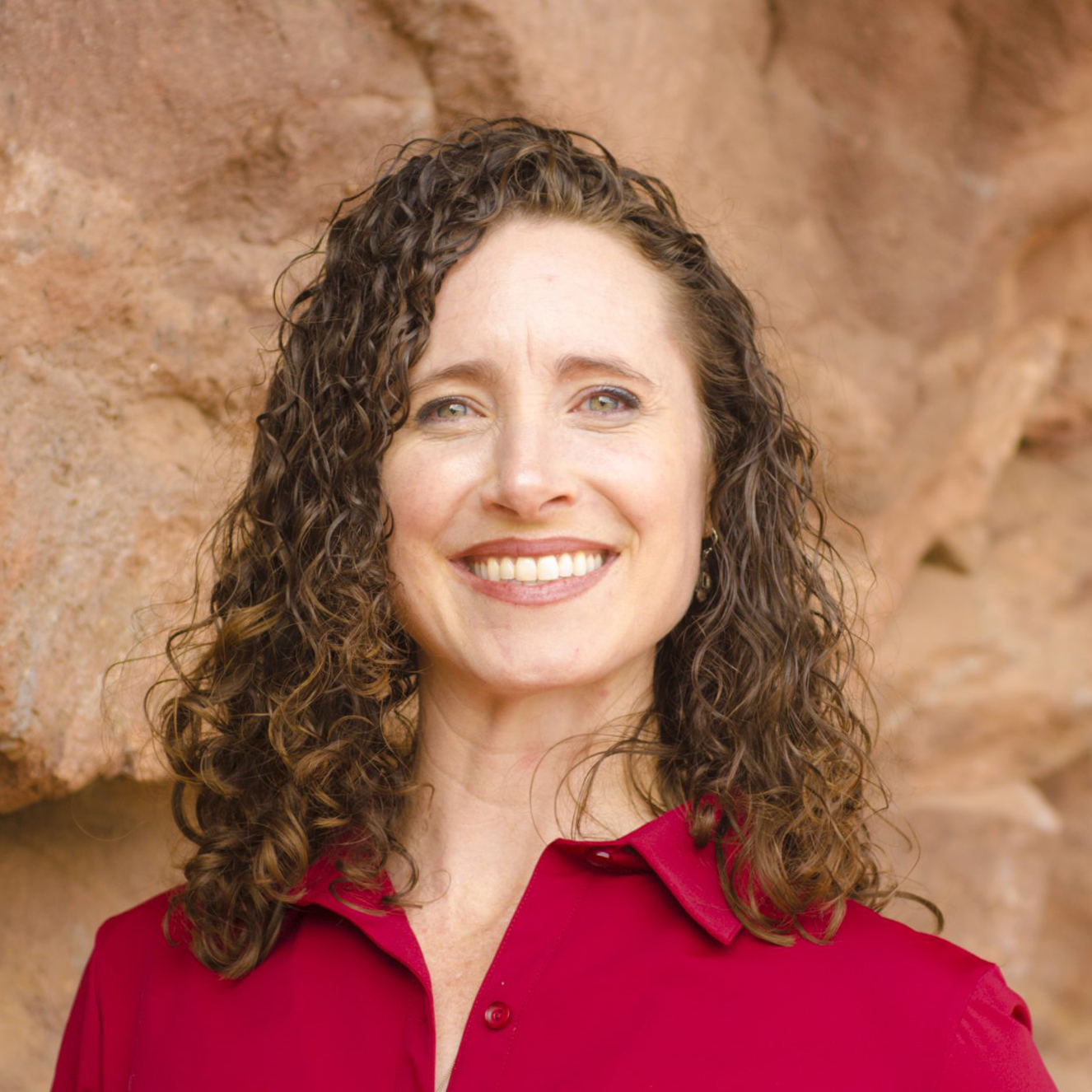May 16, 2024
View or download a transcript of this episode
In this episode, Wendy speaks with biocultural anthropologist and Tibetan medical doctor Tawni Tidwell. Tawni’s research focuses on living—and dying—with greater awareness and well-being, and integrates multiple biological and cultural perspectives on mind-body systems. This conversation covers many topics, including:

- merging interests in biology, culture, ecology, nature, and medicine;
- how our minds shape our bodies;
- the holistic approach of Tibetan medicine;
- understanding constitutions and individual proclivities;
- the subtle body and consciousness;
- studying monastics who are able to extend the death process (Tukdam project);
- implications for life, death, and the nature of consciousness;
- individual differences and determining which practices might be best for someone;
- studying Tibetan medicine’s approach to treating COVID;
- and coming back to our bodies, our communities, and our environments.
Tawni Tidwell, TMD, PhD, is a biocultural anthropologist, a Tibetan medical doctor, and a scientist at the Center for Healthy Minds at the University of Wisconsin–Madison. Her research builds bridges between the Western scientific tradition and the Tibetan medical tradition, along with their attendant epistemologies, ontologies, and pedagogical methods. Tawni investigates the mind-body relationship foundational to cultivating healthy minds and bodies through biocultural and Tibetan medical paradigms for well-being, examining markers and practices of flourishing in lives well-lived as well as processes of dying mindfully. She is particularly interested in work that contributes to understanding the cultural, social and environmental contexts that support practices and qualities of mind that lead to experiences of well-being across the life course, as well as aspects of its diversity among populations. Tawni also contributes transdisciplinary work to understand gut disorders, cancer, and chronic inflammatory conditions, publishing on diagnostic/treatment paradigms, pharmacological synergies, and modes of embodiment in contemplative practice, health and healing. She also maintains a private clinical practice where sees a broad spectrum of patients.
Resources
Faculty page at the Center for Healthy Minds
- Varela study: Examining Individual Differences in Contemplative Practice Response
- Tukdam study: The Field Study of Long-term Meditation Practitioners and the Tukdam Post-death Meditative State
- Article on Tukdam findings: Scientists Document Slowed Postmortem Decomposition Linked with Meditative State
- Documentary: Tukdam: Between Worlds (watch free trailer)
- Paper: Life in Suspension with Death: Biocultural Ontologies, Perceptual Cues, and Biomarkers for the Tibetan Tukdam Postmortem Meditative State, Culture, Medicine, and Psychiatry, 2024
- Paper: Effect of Tibetan herbal formulas on symptom duration among ambulatory patients with native SARS-CoV-2 infection: A retrospective cohort study, Brain Behavior and Immunity Integrative, 2024
